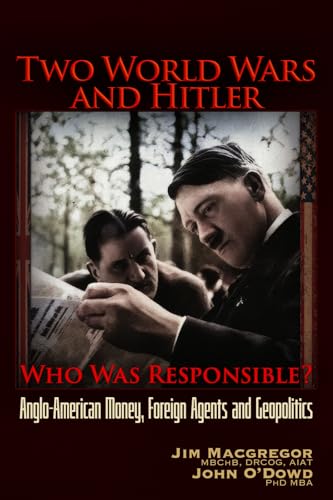
East Asia and the First World War
by Frank Jacob
Popularity
4.29 / 5
* A book's popularity is determined by how it compares to all other books on this website.
Where to buy?
Buy from Amazon* If you buy this book through the link above, we may receive a small commission at no extra cost to you.
East Asia and the First World War by Frank Jacob
Details
War:
World War I
Perspective:
Researcher
True Story:
Yes
Biography:
No
Region:
Asia
Published Date:
2022
ISBN13:
9783110737080
Description
Main Themes and Topics
East Asia and the First World War by Frank Jacob provides a thorough exploration of the First World War's impact on East Asia, a region often sidelined in discussions about the global conflict. The book delves into how the war was a pivotal moment for Japan, marking its emergence as a dominant power in East Asia. Additionally, Jacob explores the subsequent radicalization and social protests within Japan following 1918. The narrative also spans the significant nationalist movements in China and Korea, where desires for freedom and equality gained momentum as a result of the war's far-reaching influence. These themes are meticulously analyzed, showcasing how the global conflict seeded lasting socio-political changes in these regions.
Writing Style and Tone
Jacob's writing is both accessible and scholarly, designed to appeal to both general readers and academics interested in the historical intricacies of East Asia during the First World War. The tone is measured and informative, striking a balance between detailed historical analysis and narrative storytelling. This approach ensures that complex historical events and their implications are presented clearly, without overwhelming the reader with excessive jargon.
Brief Summary
The book begins with an overview of the First World War's global ramifications, quickly focusing on East Asia. Jacob examines Japan's ascent as a regional powerhouse and the societal shifts that followed the war's end in 1918. The author also highlights the nationalist movements in China and Korea, emphasizing their quest for autonomy and equality amidst colonial pressures. Throughout the text, Jacob effectively illustrates the interconnectedness of global events and regional transformations, offering readers a comprehensive understanding of the First World War's legacy in East Asia.









